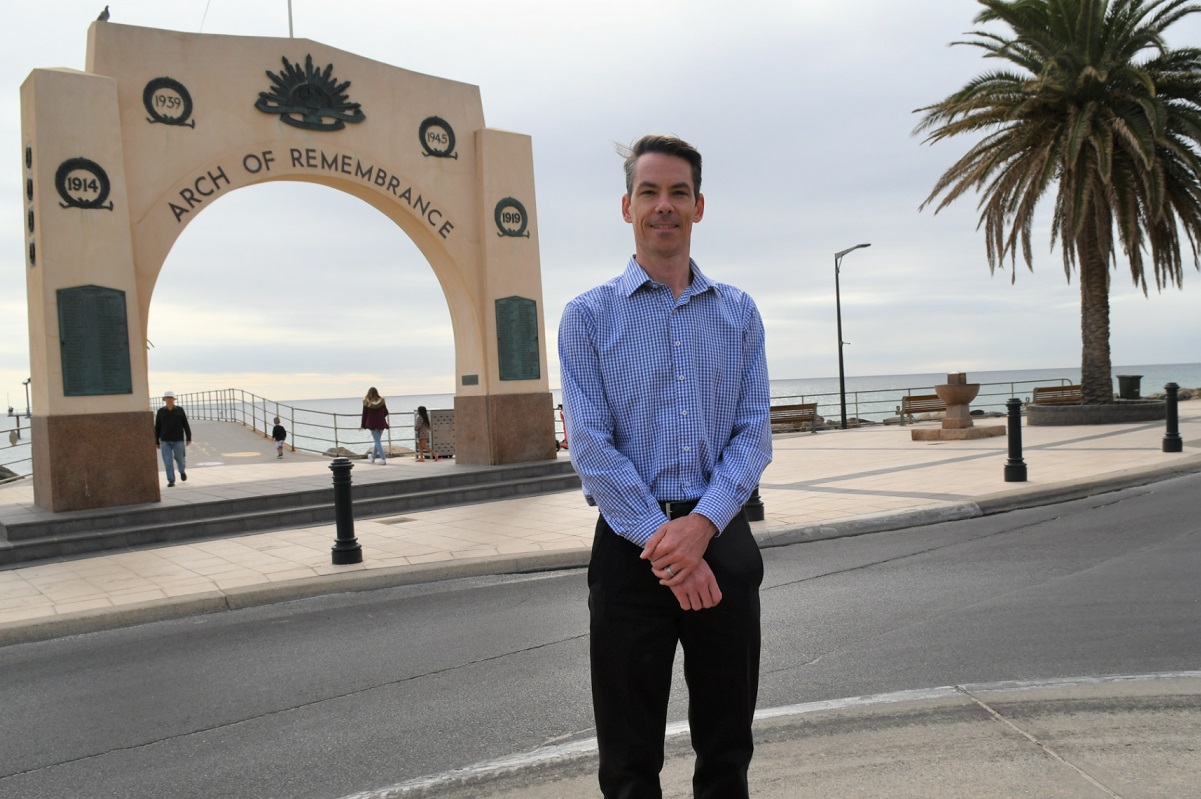
Helping war veterans through more personalised therapy is one of several projects Professor Reg Nixon is involved with, in his work at the frontline of post-traumatic stress disorder treatment.
What made you decide to work in your field?
I wanted to work in an area that helped people, so I picked up Psychology in my first year of university. During my clinical training, I worked with many individuals who had experienced trauma – and this continues today.
What is your current research about?
I’m working on several projects examining how to improve therapies for post-traumatic stress disorder (PTSD).
One project, funded by the Road Home, aims to better personalise therapy for veterans and first responders. Another, funded by the Breakthrough Mental Health Foundation, is looking at starting with a low intensity intervention delivered via telehealth, which can be stepped up to more intensive therapy if required.
I also research how to best disseminate evidence-based PTSD therapies to frontline clinicians who deal with traumatised individuals in their daily work, and how to improve the delivery of therapies in these contexts. A project funded by the Channel 7 Children’s Research Foundation is helping us look at this for young people seeking services at headspace.
How will your work benefit the wider community?
My research, especially around understanding treatments for PTSD, provides direct benefits for sufferers. Many make substantial improvements, or experience full recovery after receiving treatment.
I’d like to think my work has a ripple effect. When someone recovers from PTSD, the benefits extend to those who are close to them, for example, family and friends, as the person is now in a better space. There are wider positive impacts too. The person will function better in society in general, and if working, will be happier and more productive. Improving clinicians’ ability to delivery PTSD therapy is important for health services, by having clinicians’ trained in an evidence-based therapy, and ensuring they are up to date with the latest research about how to best offer treatment in particular circumstances, for example, how to help people who might suffer from both PTSD and depression.
What has been your proudest moment as a researcher?
The moment your research gets published in a high-quality journal or get your first big grant early in your career usually sticks out. However, these days I get more satisfaction seeing the fantastic research and clinical work former students of mine have gone on to conduct. Their achievements already outstrip mine. It’s also very rewarding to hear from past clients who have made big changes in their lives after recovering from PTSD.
What has been your most challenging moment as a researcher?
Researchers experience a lot of failure. I joke that I fail about 90% of the time in my job – grants don’t always get funded, a journal editor will reject your paper, your predictions in a study don’t pan out… and sometimes all those events happen at once. So, you pick yourself up, chat with colleagues, and try it all again.
What does a normal day look like for you?
It’s a busy mixture – attempting to keep on top of various research projects, meetings with students and research assistants, preparing and delivering classes, squeezing in some manuscript writing, reviewing students’ work, providing clinical supervision to therapists, administration and responding to lots of emails.
If there is one piece of advice you could impart on future researchers and university students, what would it be?
It can be a hard slog at times, but persistence pays off. You are not doing it alone. Whether you are a researcher or a student, you are part of a community, and there is always someone to provide advice and help, so seek it out. The research world and universities are full of people who are generous with their time and willing to mentor and guide you.
To find out more about Professor Nixon’s treatment projects go to https://www.flinders.edu.au/engage/community/clinics/posttraumatic-stress-clinic

